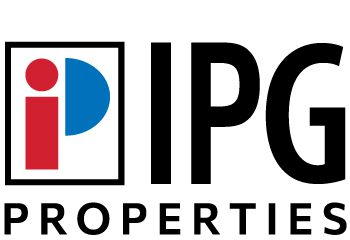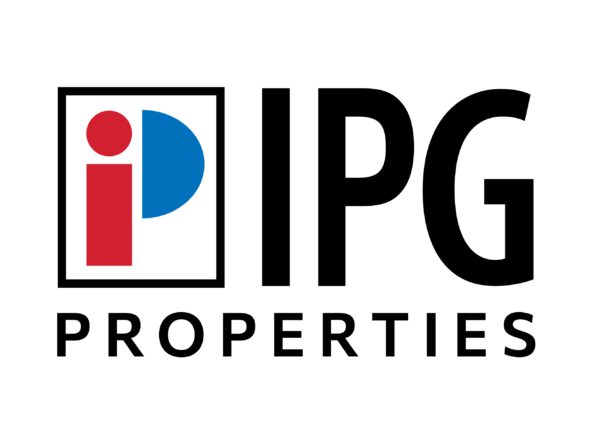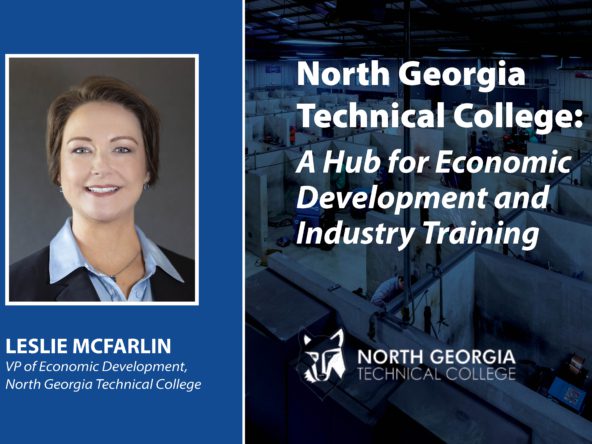In today’s rapidly shifting industrial real estate landscape, staying ahead of market trends and financial strategies is key for stakeholders. Andy Stewart, Chief Risk Officer at Peach State Bank & Trust, recently sat down with Industrial Properties Group to offer his expertise and insights on navigating the market, banking risks, and economic factors shaping the industry. With over two decades of experience in commercial lending and risk management, Andy brings a wealth of knowledge to the discussion.
Market Risks And Opportunities
In the current high-interest rate environment, many developers and investors have faced challenges due to inflation and fluctuating lending conditions. With only a 50-basis-point reduction so far this year by the Federal Reserve, the limited decrease has kept inflation high and borrowing costs have remained elevated. In turn, many industry players are sitting on the sidelines waiting for more favorable conditions. All of this, coupled with increased construction costs, has created a cautious atmosphere and wait-and-see approach.
Despite these economic pressures, Peach State Bank maintains a stable loan portfolio, largely by focusing on smaller projects and avoiding exposure to high-risk sectors like large multifamily developments or Class B and C office spaces, which have been in the spotlight for potential oversupply issues. Stewart shared, “Our bank’s real estate portfolio is diverse, with limited exposure to sectors that could be seen as vulnerable, such as traditional office space. The projects we like to be involved in are smaller and more secure. We like to focus on owner-occupied properties, or smaller industrial buildings, rather than large speculative investments or office buildings.”
Shifting Demand in Industrial
A major trend observed by Industrial Properties Group is the growing demand for smaller, nimble industrial spaces, particularly for manufacturing and warehousing under 100,000 square feet. As the market for e-commerce-driven large warehouses cools, Andy emphasizes that Peach State Bank is well-positioned to support this shift. He notes, “While we don’t typically finance large industrial spaces, we are eager to provide loans for smaller projects, particularly those under 100,000 square feet. These types of properties continue to see strong demand and present a good opportunity for local banks to partner with developers and businesses.”
Additionally, Peach State Bank is still willing to finance land acquisitions, particularly properties that are already zoned for the intended use, as land values in the local market continue to appreciate, making it an attractive opportunity for both the bank and its clients.
Liquidity and Lending
When discussing the future of lending in the commercial real estate space, Andy highlights that liquidity is becoming a greater focus for banks. “In the wake of the competitive environment on deposit rates that surfaced in Spring 2023, banks have become more focused on deposit retention and deposit gathering. These liquidity pressures are influencing banks’ strategies,” he says. “While asset quality will always be the primary focus, banks are more cautious about maintaining liquidity, which could slow down lending in certain real estate classes.” For borrowers, this means that securing financing for projects could become more competitive, with banks scrutinizing deals more carefully. However, Andy believes that banks like Peach State, which are rooted in local communities, have an advantage in their ability to make decisions and offer more personalized services than larger financial institutions.
Creative Lending Solutions for Smaller Industrial Projects
In light of rising construction costs and interest rates, borrowers are increasingly looking for flexible financing solutions to move forward with their projects. Andy shared that Peach State Bank is open to offering creative lending structures that combine purchase and construction loans to help developers manage these challenges. “We can offer financing that includes an interest-only phase during the construction or reconfiguration of a building, allowing developers to lease out spaces before moving into more traditional principal and interest payments.”
This approach could be particularly useful for developers looking to convert larger industrial properties into smaller spaces that meet the growing demand for mid-sized industrial units in the 20,000-40,000 square foot range. With flexible loan products, Peach State Bank is willing to help clients capitalize on these trends while managing the financial complexities of the current market.
Industrial Properties Group’s team noted it has observed strong and consistent demand for these mid-sized spaces, which tend to stay leased through both up and down cycles due to their flexibility and size, making them ideal for smaller businesses. Price points across different markets offer a major advantage to both tenants and investors, with locations closer to Atlanta seeing rates as high as $12 per square foot or more, while tertiary markets, like Stephens or Franklin County, offer more competitive rates and often see a 25-35% price reduction. This price variation could play a crucial role in shaping demand, as businesses weigh the benefits of proximity to urban centers against the cost savings of more remote locations.
Local Expertise and Community Impact
In addition to providing commercial real estate loans, Peach State Bank is dedicated to reinvesting in its local community. The bank has recently broken ground on a new branch in Braselton, a rapidly growing area in northeastern Georgia. “Our new 10,000-square-foot branch is expected to open in early 2025, and we’re excited to be part of the area’s growth,” says Andy. As a community bank, Peach State takes pride in its ability to offer personalized services and flexible solutions that larger banks may not provide. “All of our decisions are made locally, which allows us to be nimble and responsive to our customers’ needs. Our goal is to support the businesses and individuals that drive growth in our region,” Andy adds.
Looking Ahead
As the real estate market continues to adapt to economic changes, Andy remains optimistic about the prospects for industrial properties, particularly smaller spaces that offer flexibility and meet local demand. “While some sectors are facing challenges, I believe that smaller industrial spaces will continue to be appealing, especially as land values in our region keep appreciating,” he says. Moreover, despite uncertainties around interest rates and election outcomes, Andy expects entrepreneurial spirit to remain strong. “In my experience, once the election is over, people tend to move forward with their projects. The cost of capital and construction will always be a factor, but I don’t think policy changes will hold back entrepreneurs for long.”
By staying attuned to market trends and maintaining a community approach, Peach State Bank aims to help businesses and developers navigate the complexities of today’s commercial real estate landscape and seize new opportunities in the years ahead.
For more information on Peach State Bank’s offerings, visit their website peachstatebank.com
To view the IPG E-Market Report, visit us here.





